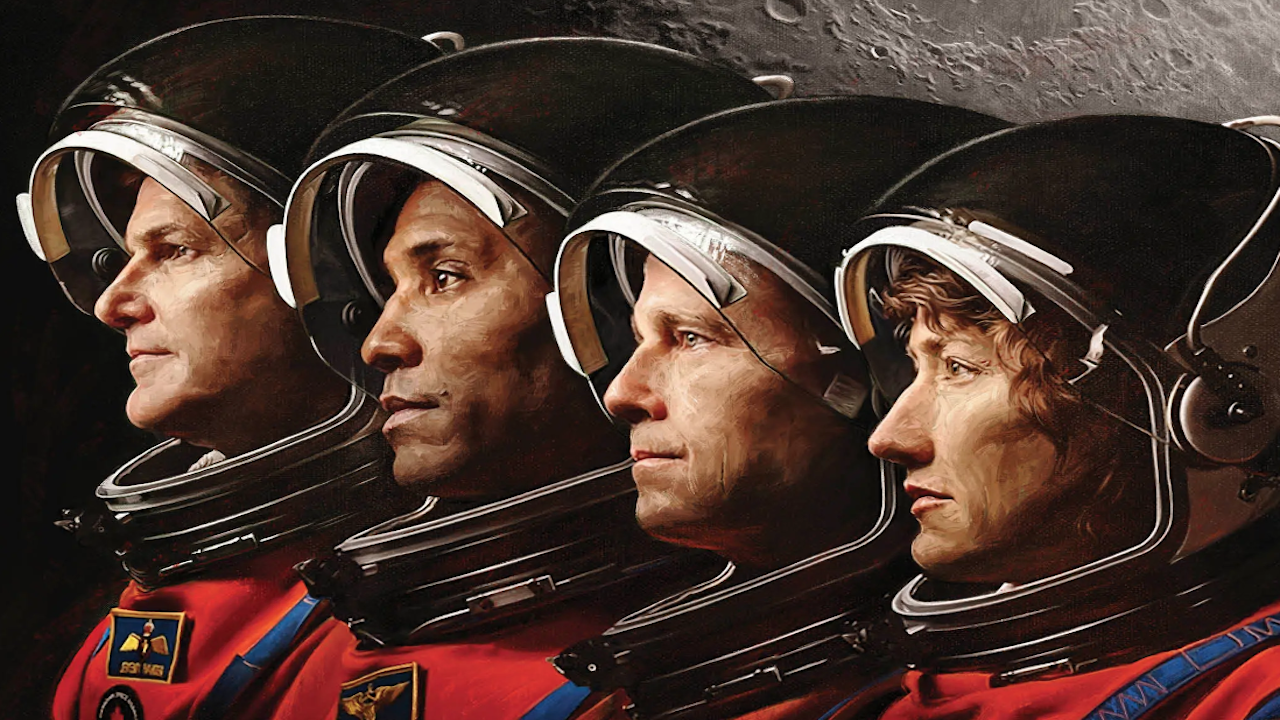China launches Yunhai-1 03 Earth-observing satellite into orbit
Yunhai-1 03's predecessor was apparently whacked by a piece of space junk in March 2021.
China has sent a new Earth-observing satellite into space.
A Long March 2D rocket carrying the Yunhai-1 03 satellite lifted off from Jiuquan Satellite Launch Center in the Gobi Desert on Tuesday (Sept. 20) at 7:15 p.m. EDT (2315 GMT; 7:15 a.m. local time on Wednesday, Sept. 21).
Chinese state media said the satellite will be used for "detecting the atmospheric, marine and space environments, disaster prevention and mitigation, and scientific experiments." Not much else is known about the Yunhai-1 series of spacecraft.
Related: China National Space Administration: Facts & information
Yunhai-1 03's predecessor, Yunhai-1 02, launched in September 2019 and was apparently whacked by a piece of space junk in March 2021. The cause of the collision has been traced to a small piece of a Zenit-2 Russian rocket body.
Yunhai 1-02 appears to still be capable of adjusting its orbit despite the crash, which occurred at an altitude of 485 miles (780 kilometers), space junk expert Jonathan McDowell said in August 2021.
McDowell also said the incident was the first major confirmed orbital collision since February 2009. Back then, a defunct Russian military spacecraft, Kosmos-2251, collided with an operational communications satellite known as Iridium 33, creating 1,800 pieces of trackable debris by the following October.
Breaking space news, the latest updates on rocket launches, skywatching events and more!
Follow Elizabeth Howell on Twitter @howellspace. Follow us on Twitter @Spacedotcom or Facebook.

Elizabeth Howell (she/her), Ph.D., was a staff writer in the spaceflight channel between 2022 and 2024 specializing in Canadian space news. She was contributing writer for Space.com for 10 years from 2012 to 2024. Elizabeth's reporting includes multiple exclusives with the White House, leading world coverage about a lost-and-found space tomato on the International Space Station, witnessing five human spaceflight launches on two continents, flying parabolic, working inside a spacesuit, and participating in a simulated Mars mission. Her latest book, "Why Am I Taller?" (ECW Press, 2022) is co-written with astronaut Dave Williams.

